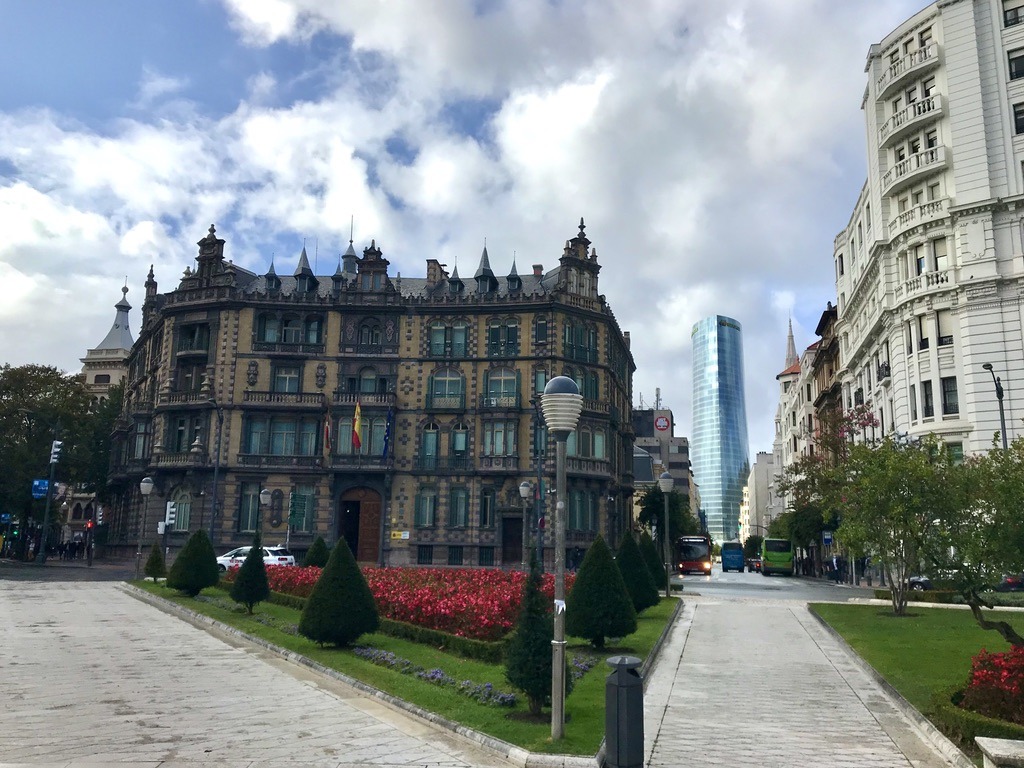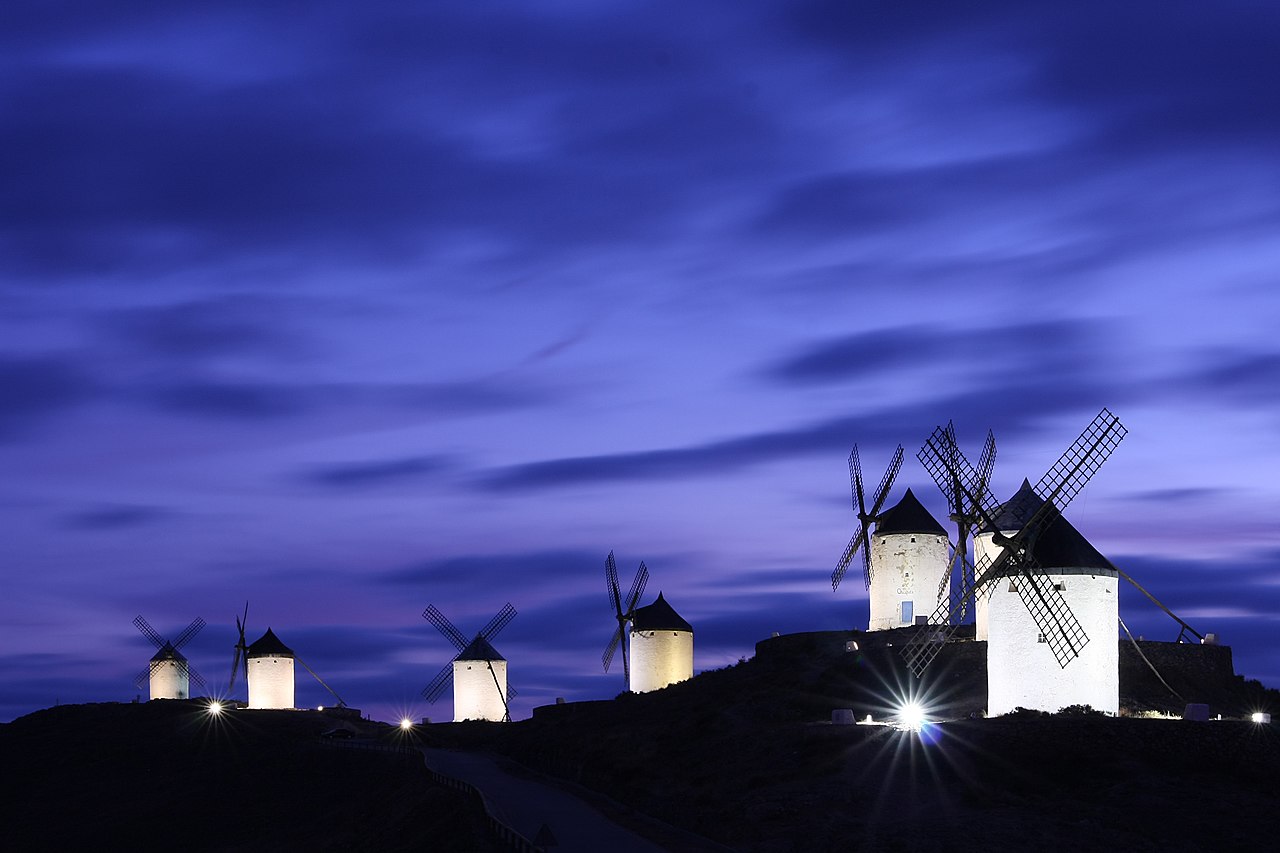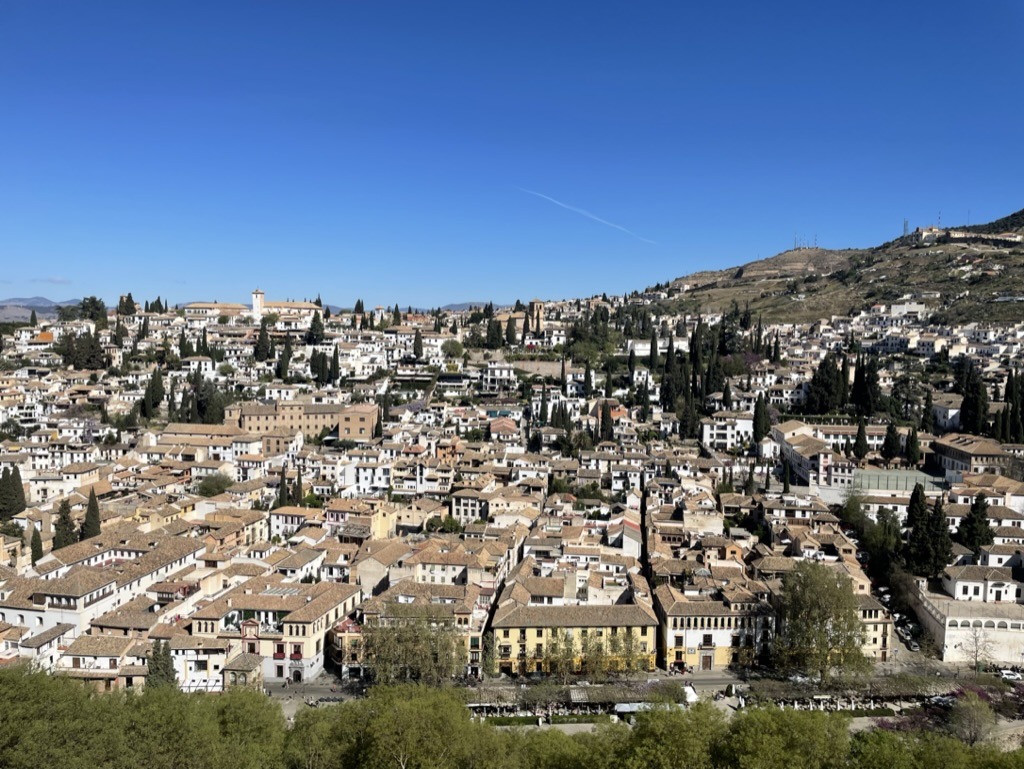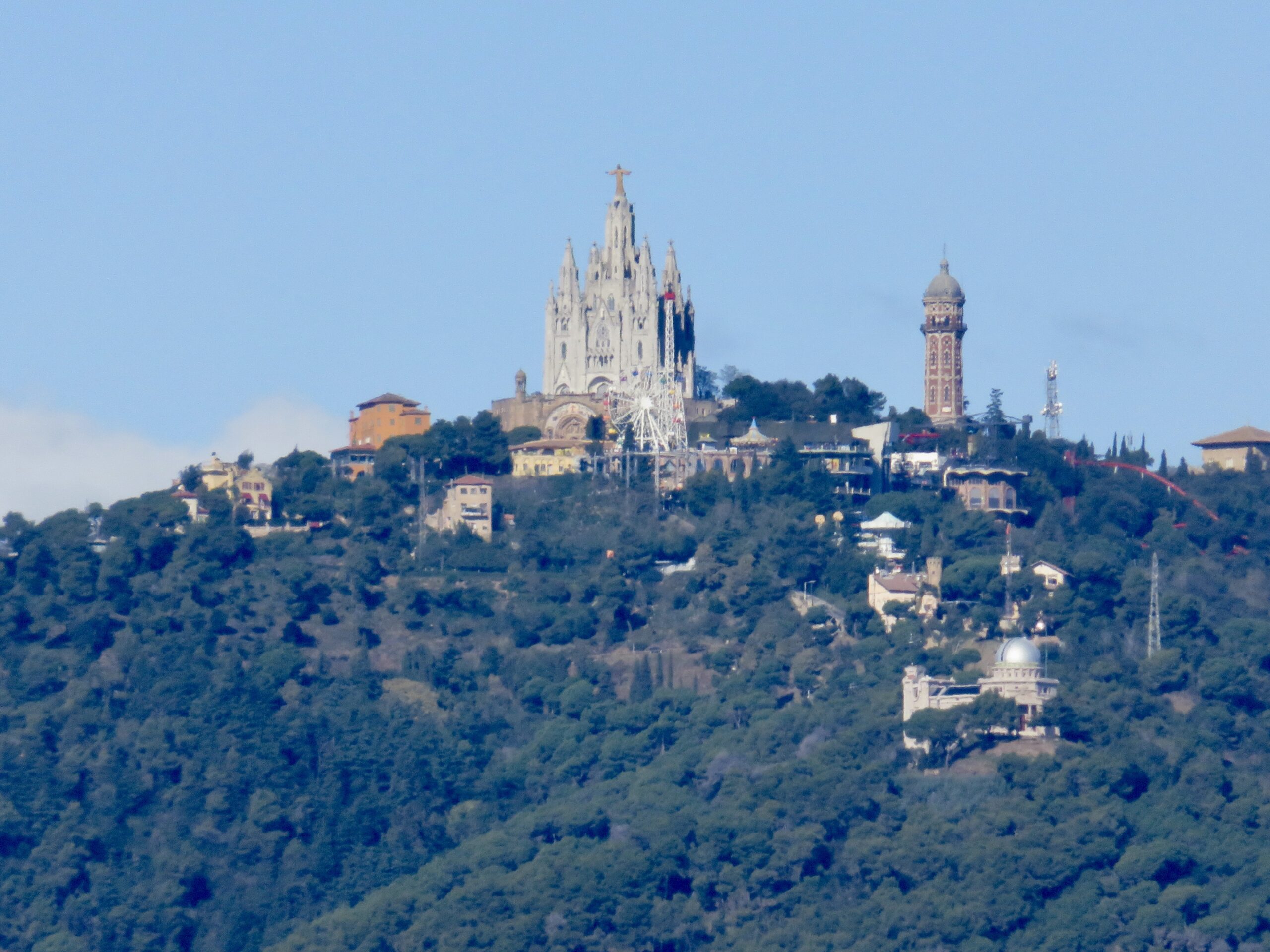The Basque Country enchants visitors with its stunning landscapes, rich cultural heritage, and delicious cuisine. Whether you’re exploring historic cities, hiking along the coast, or savoring local dishes, the Basque Country offers a memorable and enriching travel experience.
Getting There and Around
The Basque Country, an autonomous community in northern Spain, is accessible via several major airports: Bilbao Airport, San Sebastián Airport, and Vitoria Airport. From these airports, you can reach various parts of the Basque Country by train, bus, or car rental. The region has a good network of highways and regional trains, making it easy to explore. Public transportation within cities includes buses and trams, and many towns are pedestrian-friendly, ideal for walking and cycling.
Top Attractions
Guggenheim Museum (Bilbao): This iconic museum, designed by Frank Gehry, is renowned for its contemporary art collections and striking architecture. It’s a must-visit for art enthusiasts.
San Sebastián: Famous for its beautiful beaches, particularly La Concha, and its vibrant culinary scene. The city’s old town (Parte Vieja) is filled with pintxo bars, offering a taste of Basque cuisine.
Vitoria-Gasteiz: The capital city of the Basque Country is known for its well-preserved medieval quarter, impressive cathedral (Catedral de Santa María), and numerous parks and green spaces.
Gaztelugatxe: A dramatic islet with a hermitage dedicated to John the Baptist. It’s accessible via a winding staircase with over 200 steps, offering breathtaking views of the coastline.
Bilbao’s Old Town (Casco Viejo): Explore the narrow streets, historic buildings, and lively squares of Bilbao’s old town. Don’t miss the bustling Ribera Market, one of the largest covered markets in Europe.
Urdaibai Biosphere Reserve: A UNESCO Biosphere Reserve known for its stunning landscapes, diverse wildlife, and opportunities for outdoor activities such as hiking, bird watching, and kayaking.
Culture and Cuisine
The Basque Country has a rich cultural heritage, with a unique language (Euskara), traditional music and dance, and numerous festivals. The region hosts famous events like the San Sebastián International Film Festival and the Aste Nagusia (Great Week) in Bilbao.
Basque cuisine is renowned for its high quality and innovative approach. Must-try dishes include pintxos (small snacks), bacalao a la vizcaína (salt cod in a tomato and pepper sauce), and txangurro (spider crab). The region is also famous for its wines, particularly Txakoli, a young, slightly sparkling white wine, and the robust red wines from the Rioja Alavesa area. Don’t miss trying Basque cider (sidra) and the traditional Basque cake (pastel vasco).
Shopping
For shopping enthusiasts, Bilbao and San Sebastián offer a mix of international brands, local boutiques, and specialty stores. The old towns are perfect for unique souvenirs, artisan crafts, and traditional Basque products such as ceramics, textiles, and jewelry. Local markets, such as the Mercado de la Ribera in Bilbao and the Mercado de la Bretxa in San Sebastián, are great places to buy fresh produce, local delicacies, and artisanal goods.
Day Trips
The Basque Country’s diverse landscape makes it ideal for day trips:
- Hondarribia: A charming coastal town with a well-preserved old quarter, colorful houses, and a beautiful marina. It’s known for its excellent seafood restaurants.
- Zarautz: A popular seaside town with a long sandy beach, perfect for surfing and relaxing. It’s also known for its vineyards and the nearby Pagoeta Natural Park.
- Getaria: A picturesque fishing village famous for its Txakoli wine and as the birthplace of fashion designer Cristóbal Balenciaga. Visit the Balenciaga Museum and enjoy fresh seafood by the harbor.
Practical Tips
A few simple tips to make your visit to Basque Country easier.
- Best Time to Visit: Spring (April to June) and Fall (September to November) offer mild weather and fewer tourists. Summers are warm and ideal for beach visits and outdoor activities, while winters are cooler and wetter, particularly along the coast.
- Language: Spanish and Basque (Euskara) are the official languages. While English is spoken in tourist areas, learning some basic Spanish or Basque phrases can enhance your experience and interactions with locals.
- Safety: The Basque Country is generally safe, but as with any tourist destination, be mindful of your belongings in crowded areas and tourist sites to avoid pickpocketing.





